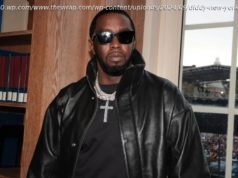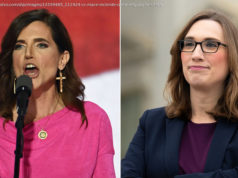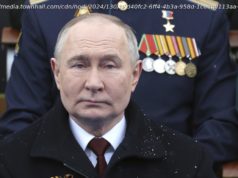Criminal charges against the Chinese tech giant may muddy trade talks intended to defuse the trade war
High-level trade talks set to begin Wednesday in Washington may be complicated by the Trump administration’s unveiling of criminal charges against the Chinese tech giant Huawei. The talks are intended to defuse the trade war between the administration and Beijing.
The Justice Department charged Monday that Huawei had violated U. S. sanctions against sales to Iran and stolen trade secrets from T-Mobile, a U. S. partner. Those charges cut to the heart of some of the administration’s key complaints about China’s trade practices. Two sweeping indictments allege that Huawei and its affiliate in Iran stole confidential information and obstructed justice as part of an elaborate and « illegal » economic scheme.
Analysts said the trade talks would likely proceed, but reaching any substantive agreement would probably be harder. And unless the two sides can forge some sort of accord by March 1, U. S. tariffs on $200 billion of Chinese imports are set to rise from 10 percent to 25 percent.
« The Chinese will keep talking, » said David Dollar, a senior fellow at the Brookings Institution and a former U. S. Treasury official. « They won’t be happy with the Justice Department action, but I think they would like to keep it separate from the trade talks. »
Representatives of U. S. business groups privately raised concerns that the administration’s actions could poison the atmosphere between the two sides. Any backlash in China against the indictment of Huawei, one of the country’s global powerhouses, could limit Beijing’s ability to agree to anything that might be seen as bowing too willingly to U. S. demands.
The Justice Department has also charged Huawei’s chief financial officer Meng Wanzhou.






